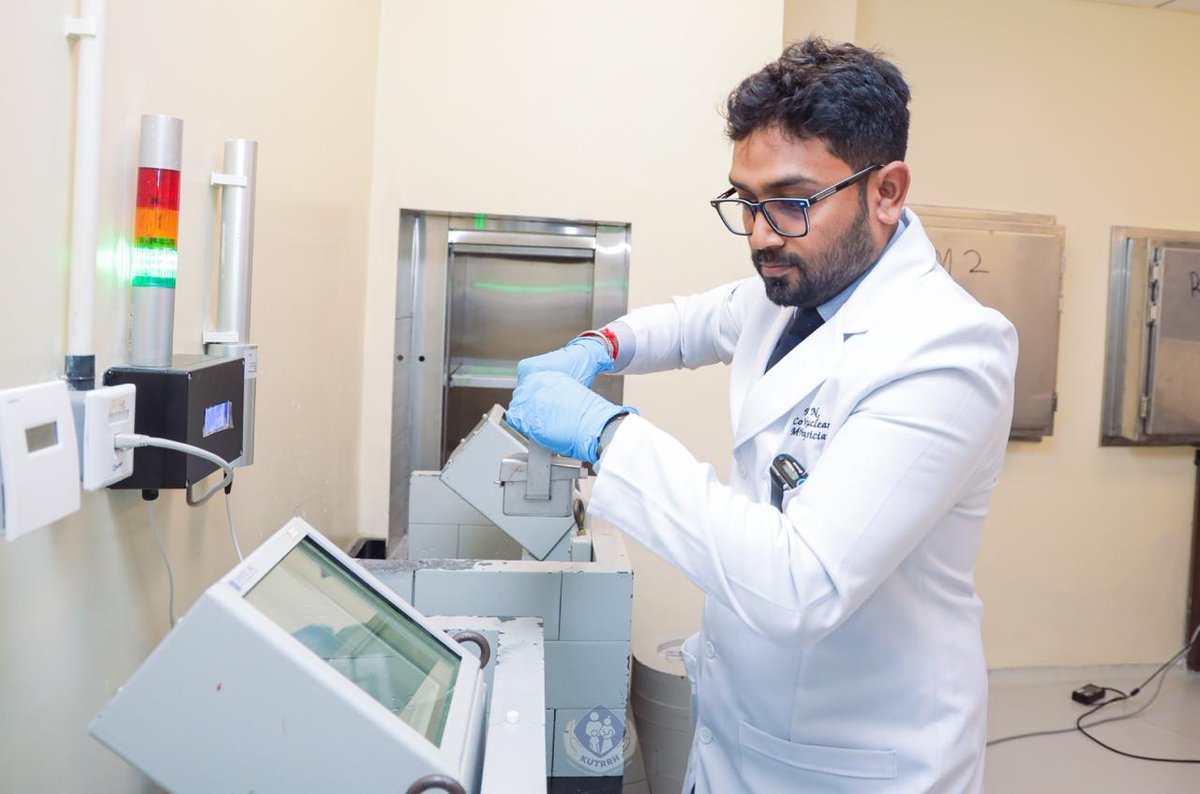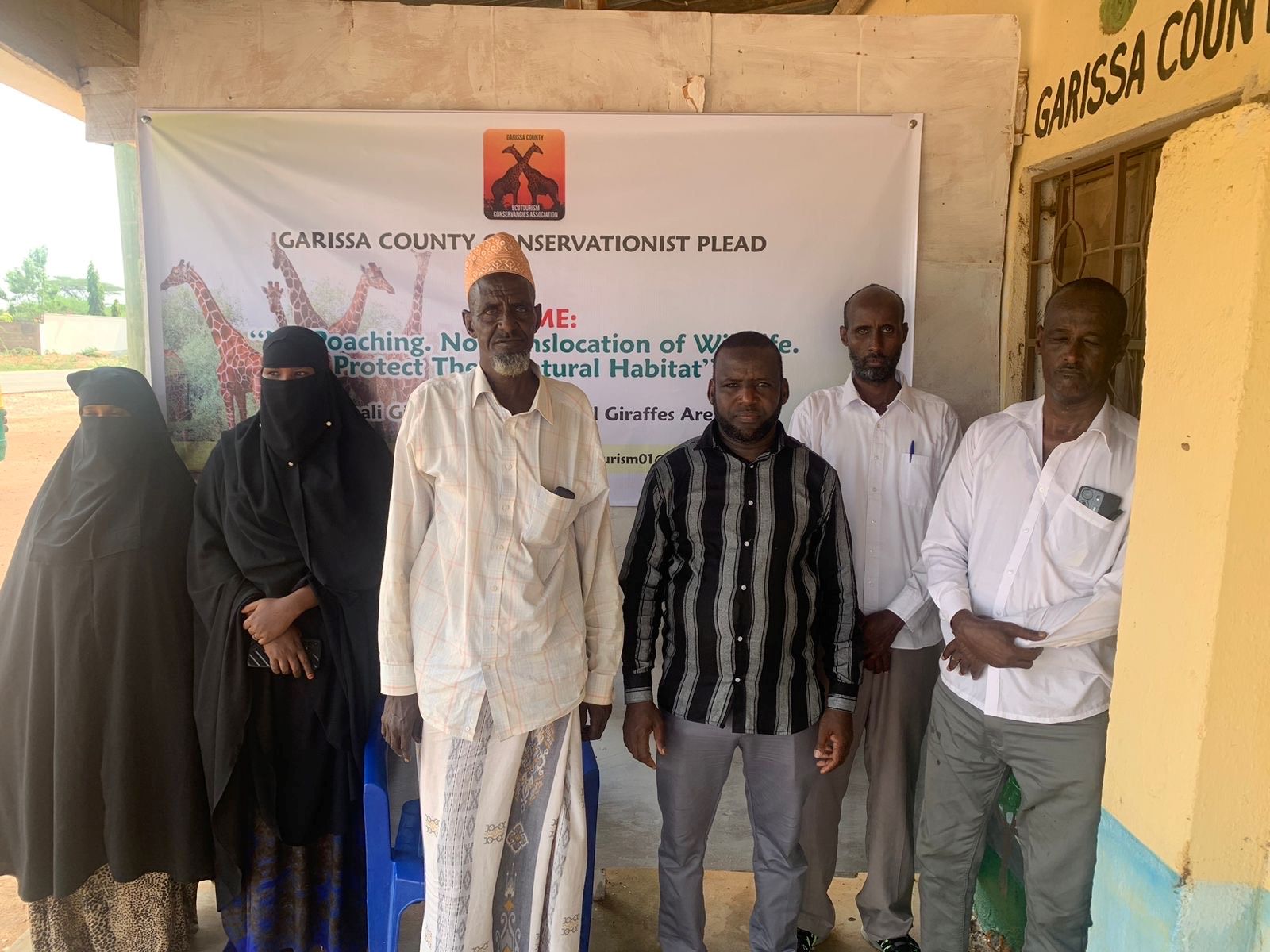KUTRRH introduces groundbreaking nuclear therapy for advanced prostate cancer

This targeted approach delivers radiation directly to cancer cells while minimising damage to surrounding healthy tissues.
Kenyatta University Teaching, Referral & Research Hospital (KUTRRH) has become the first public hospital in the region to offer lutetium-177 PSMA-targeted radiation therapy for men with advanced prostate cancer. This marks a significant milestone in expanding access to cutting-edge cancer care in Kenya and East Africa.
Prostate cancer remains a major health challenge in the country. According to the Kenya National Cancer Registry, it is the leading cancer among men, with over 6,000 new cases and more than 3,500 deaths annually. Late diagnosis is common, limiting treatment options and reducing survival chances.
More To Read
- Over 29,000 Kenyans die of cancer yearly as high costs force them to abandon treatment
- Over 100 facilities accredited by SHA to provide cancer care after protests
- KMPDC orders hospital, funeral home to release bodies held over unpaid bills
- Four-country study finds worrying issues with cancer drug quality in Africa
- Older men’s sperm more likely to carry disease-causing mutations, study reveals
- Clinical trial offers lifeline for men with recurrent prostate cancer
The new therapy uses the radioactive element Lutetium-177, linked to a molecule that targets Prostate-Specific Membrane Antigen (PSMA) — a protein highly expressed in prostate cancer cells.
This targeted approach delivers radiation directly to cancer cells while minimising damage to surrounding healthy tissues.
For patients whose disease has advanced despite conventional treatments such as hormone therapy or chemotherapy, this therapy provides a much-needed lifeline and hope for prolonged survival.
“This advancement demonstrates KUTRRH's commitment to providing world-class cancer care within a public institution,” said Dr Zeinab Gura, KUTRRH CEO. “With this treatment, more patients with advanced prostate cancer can access life-extending, personalised care here at home, without needing to travel abroad.”
Lutetium-177 PSMA therapy is recommended for patients with advanced or metastatic prostate cancer, those whose disease has progressed after hormone therapy, or patients who are undergoing chemotherapy or cannot tolerate it. Before treatment, patients undergo a PSMA scan to determine their suitability for therapy.
KUTRRH continues to invest in the latest oncology technologies to improve patient outcomes and expand access to affordable, high-quality cancer care for all Kenyans.
Prostate cancer is a disease that starts in the prostate, a small gland in men that helps make the fluid for sperm. It often grows slowly, so early on, many men may not notice any symptoms. But some forms grow faster and can spread to other parts of the body, like bones or lymph nodes.
Common signs include trouble urinating, weak urine flow, needing to urinate often, especially at night, blood in urine or semen, pain in the back or pelvis, and sometimes difficulty with erections.
Treatment depends on how advanced the cancer is, the patient’s health, and personal choice. For slow-growing cancers, doctors may suggest active surveillance, which means regular check-ups and tests without immediate treatment.
Surgery can remove the prostate, and radiation therapy uses high-energy rays or implanted radioactive seeds to kill cancer cells.
Hormone therapy lowers male hormones that help cancer grow, while chemotherapy uses drugs to attack fast-growing cancer cells. Newer treatments, like targeted therapy and immunotherapy, focus on specific cancer cells or boost the immune system.
Top Stories Today










































